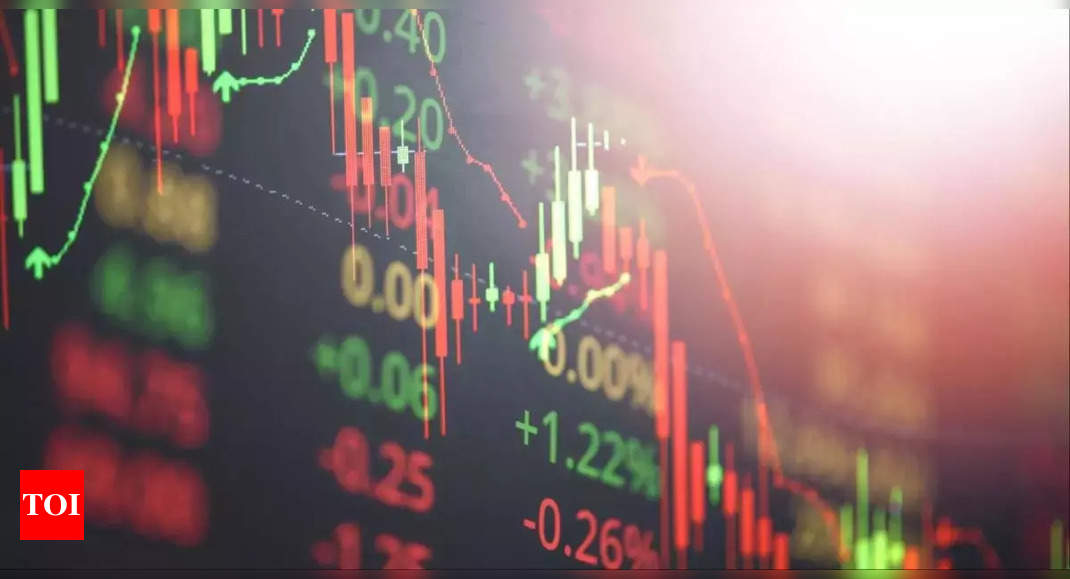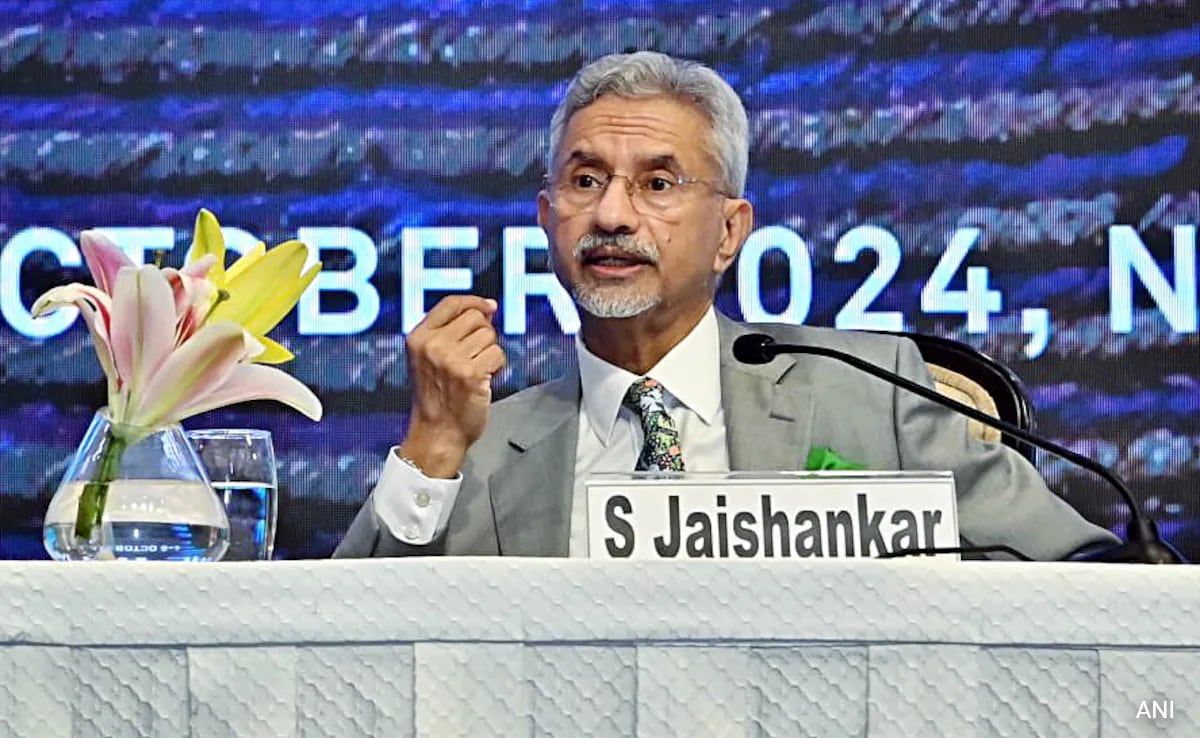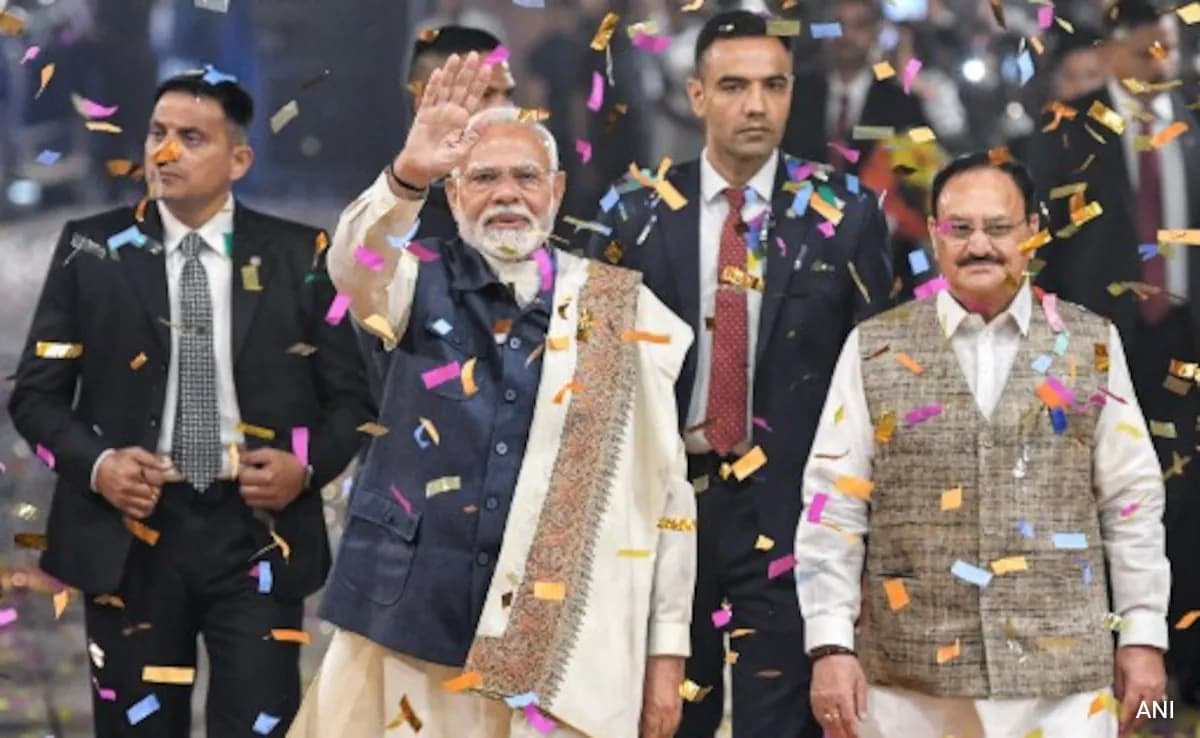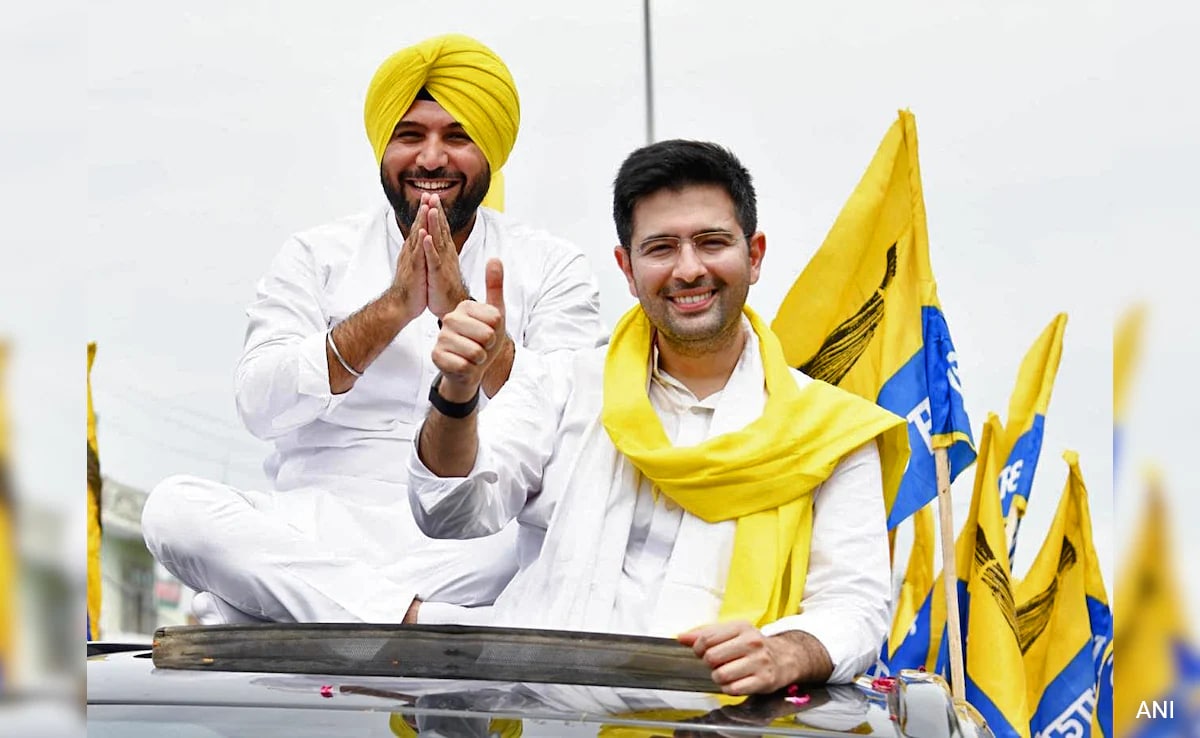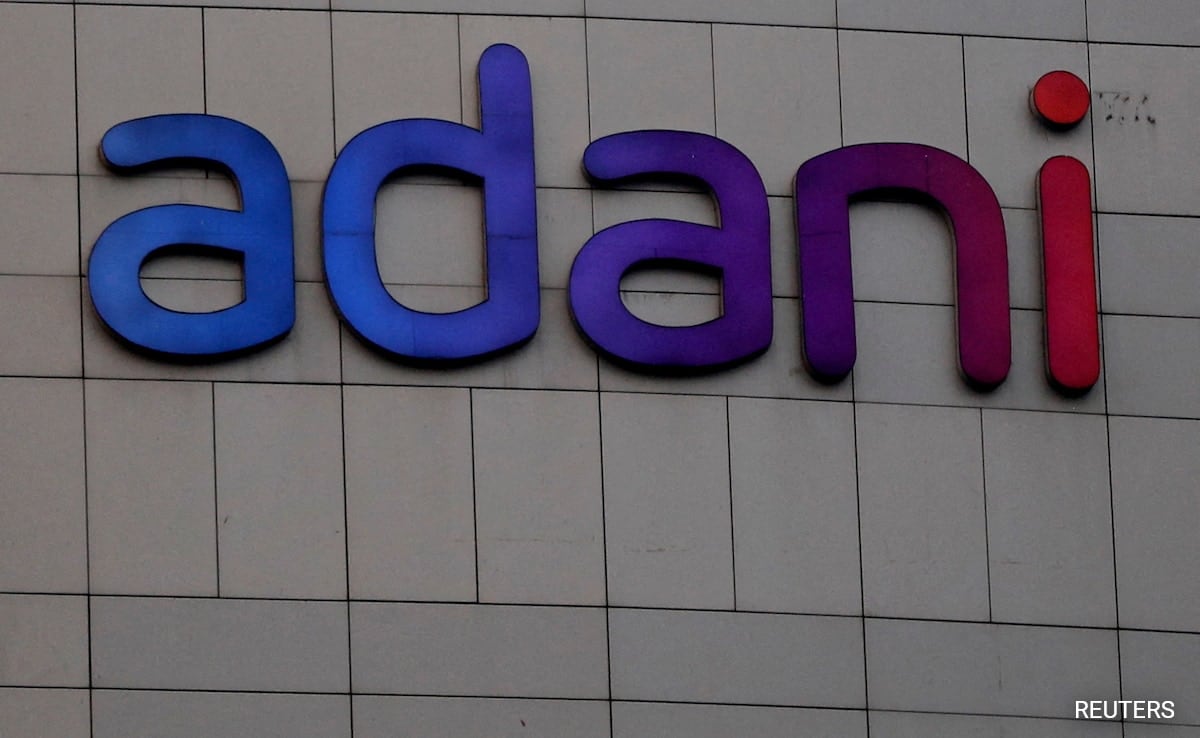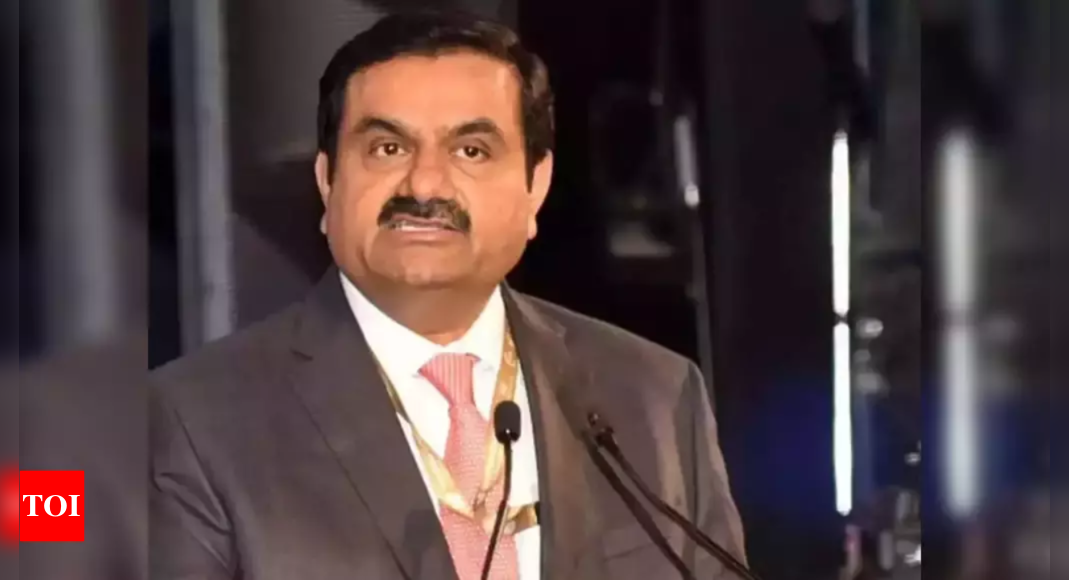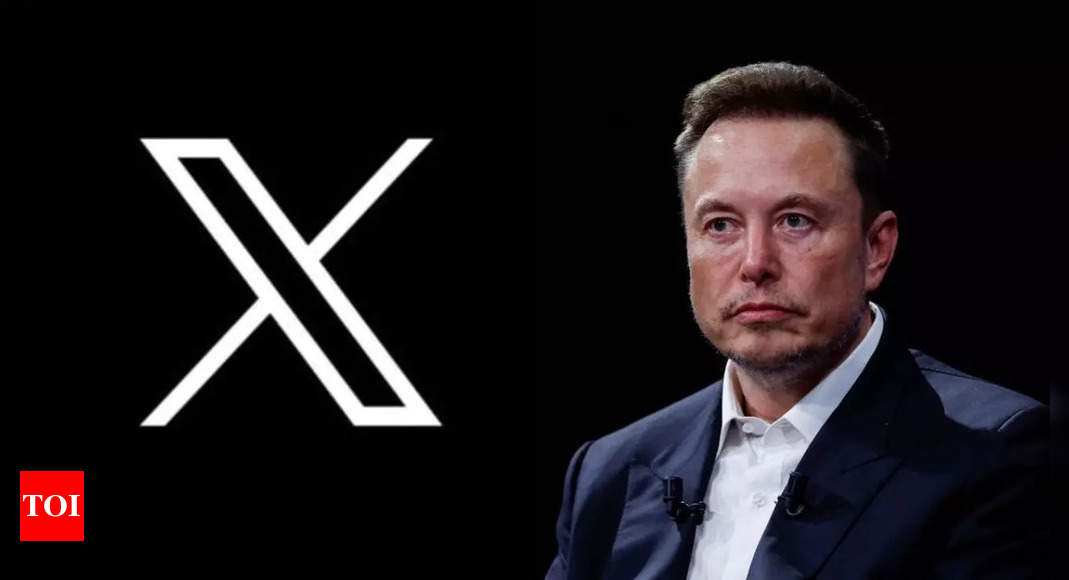
Durov, who has long been a proponent of free speech and privacy, has faced scrutiny for Telegram’s use in disseminating illegal content, which some argue poses significant challenges for law enforcement.Despite his recent arrest, he asserted that he has “nothing to hide,” and critics of the action argue that holding him accountable for the platform’s content is misplaced. Telegram has grown remarkably since its launch, boasting over one billion users, and has become an important communication tool for various groups.
Durov, who relocated from Russia in 2014 after clashing with authorities over user data privacy, now holds dual citizenship in the UAE and France. His legal troubles could have ramifications not just for Telegram but also for the way governments worldwide manage and regulate online platforms amid growing concerns over misinformation and misuse. The outcome of Durov’s case may influence the operational practices of technology companies and their approach to user content.
The circumstances of Durov’s arrest have raised broader discussions about free speech, digital privacy, and the responsibilities of tech companies in moderating content. The arrest of the tech mogul, aged 39, led to a stern message from Moscow to Paris on Sunday, emphasizing the necessity of respecting his rights.
Elon Musk, the proprietor of X, also expressed his disapproval, asserting that “free speech in Europe was under attack.”
But can Musk himself be arrested?
Retired Lt Col Alexander Vindman issued a stark warning to Elon Musk on Sunday, suggesting that the tech billionaire should be “nervous” following the arrest of Telegram CEO.
Vindman, a key witness in the impeachment trial against former President Donald Trump, took to X (formerly Twitter) to voice his support for the French authorities, stating, “There’s a growing intolerance for platforming disinfo & malign influence & a growing appetite for accountability. Musk should be nervous.”
Musk, on his part, has responded by defending Durov and expressing concern over what he perceives as government overreach, labeling the situation as “dangerous times” and promoting the hashtag #FreePavel.
Prominent figures also weighed in on Durov’s arrest. RFK Jr condemned the French government’s actions, saying, “The need to protect free speech has never been more urgent.” Rumble CEO Chris Pavlovski and conservative commentator Ian Miles Cheong echoed these sentiments, arguing that the arrest is an attack on free speech and a move to control information.
Writing in the Hill, Douglas MacKinnon, an opinion contributor, has expressed apprehension that Musk might be arrested.
“As someone who pays close attention to the politics and the media in the United Kingdom and Europe, I began to notice a shocking narrative emanating from a growing number on the left there calling for the arrest of Elon Musk as well as the cancellation of X, the social media site he owns. Surely, I thought, these people can’t be serious. But they were — and are — deadly serious. For them, Musk and X have become public enemy number one,” MacKinnon wrote.
MacKinnon says that “we live in increasingly perilous times” and forces on the Left might move to cancel X and arrest Musk.
“Could these forces on the left actually stop Musk? Could they arrest and imprison him? Could they cancel X and silence the voices of hundreds of millions of citizens around the world? I would not be so fast to say “no”, MacKinnon wrote.
(With inputs from agencies)




